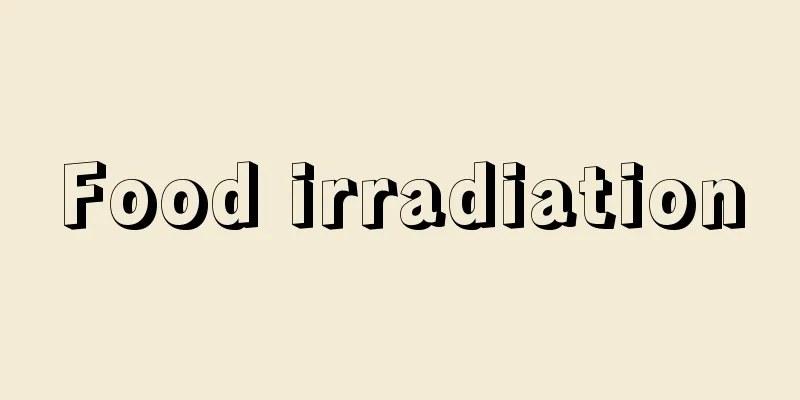Food problem - Shokuryo Mondai

|
The food problem is usually thought of as a food shortage relative to the population, or a situation in which the food supply cannot keep up with the population growth, and is therefore also called the population food problem. The population problem was first addressed by the British classical economist TR Malthus. In his 1798 book An Essay on the Principle of Population, Malthus argued that while population tends to grow exponentially, food supply only grows arithmetically, and therefore population must be restricted within the limits of food supply capacity. Source: Heibonsha World Encyclopedia, 2nd Edition Information |
|
食糧問題は通常,人口に対する食糧の不足ないし人口の増加に食糧の供給が追いつかない状態であると考えられ,したがって人口食糧問題ともいわれる。人口問題を最初にとり上げたのはイギリスの古典派経済学者T.R.マルサスであった。マルサスは1798年に出版された《人口論》で,人口は幾何級数的に増加する傾向をもつが,食糧の供給は算術級数的にしか増加せず,したがって人口は食糧の供給能力の枠内に抑制されざるをえない。
出典 株式会社平凡社世界大百科事典 第2版について 情報 |
Recommend
Tax exemption - kazeijyogai
…There are cases where the tax administration age...
Relief map - Kifukuryozu
...So, for example, a grid with the distance betw...
aes grave
… The first Roman coins were not made of precious...
fixed bed
...When solid particles are stationary and a flui...
Water beetle
... There are about 4,000 species of the Dytiscid...
steam accumulator
...There are cases where steam is stored in the f...
Kayo Retirement - Kayoinkyo
…After a serious illness at the age of 29, he dee...
Mount Kanmuri - Mount Kanmuri
(Ichikikushikino City, Kagoshima Prefecture) A tou...
Strait of Ere - Erekaikyo
...a strait between the Jutland Peninsula and Swe...
Rhizophoraceae
…A general term for trees of the family Rhizophor...
Beauvaisis Customary Law Book (English: Coutumes de Beauvaisis)
In medieval France, there was no common law applic...
Baker, A.
...This result plays an important role in the the...
taxes on knowledge
…In the 18th century, conservative forces were st...
nabob
…As a result, the British, who were expanding int...
Indigo Toad - Indigo Toad
…His extreme shyness and sense of loneliness are ...
![Legal Marxism (English spelling: legal'nyi marksizm [Russian])](/upload/images/67cb8c3b9fa96.webp)





![Shimokamagari [town] - Shimokamagari](/upload/images/67cbcb33ad3f3.webp)


